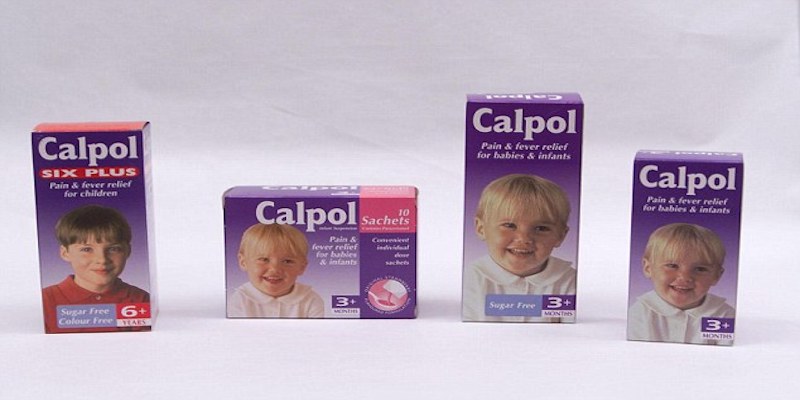- Child asthma linked to paracetamol
- Giving this common medicine to children under the age of 2 could increase risk of respiratory disease, study finds
Children given paracetamol in their first two years of life may be at greater risk of asthma, a study has found.
Paracetamol is a common drug recommended to treat most kinds of childhood ailments, including headache, stomach ache and cold symptoms and it can also be used to reduce fever. A leading brand is Calpol.
Researchers looked at 620 children who were considered at high risk of an allergic disease as they had a family member with illnesses such as asthma, eczema, hay fever or a severe food allergy.
They contacted families every 4 weeks for the first 15 months, then at 18 months and at two years to ask how many days the child had had paracetamol in the previous weeks.
When the children reached the age of 18, they gave a blood or saliva sample which was tested for variants of the cell-protecting GST gene.
Researchers found that one variant of the GSTP1 gene was associated with almost twice the risk of developing asthma.
PhD student Xin Dai said: ‘We found that children with the … variant had 1.8 times higher risk of developing asthma by the age of 18 years.
‘Our findings provide more evidence that paracetamol use in infancy may have an adverse effect on respiratory health for children with particular genetic profiles and could be a possible cause of asthma.
There is mounting evidence that the GST superfamily of genes, including three major classes … are associated with various diseases, including cancers, asthma, atherosclerosis, allergies, Alzheimer’s and Parkinson’s disease. Our study adds to this body of evidence.’
However, Professor Neil Pearce, from the London School of Hygiene and Tropical Medicine, said: ‘The problem is that children are not given paracetamol early in life for no reason. They are often given it because they have respiratory infection.
‘It may be the infection which increases the risk of asthma, not the paracetamol.’
The study by the University of Melbourne was presented to the European Respiratory Society International Congress in Paris.
Johnson & Johnson are the makers of Calpol, and have not issued any statement to date.
